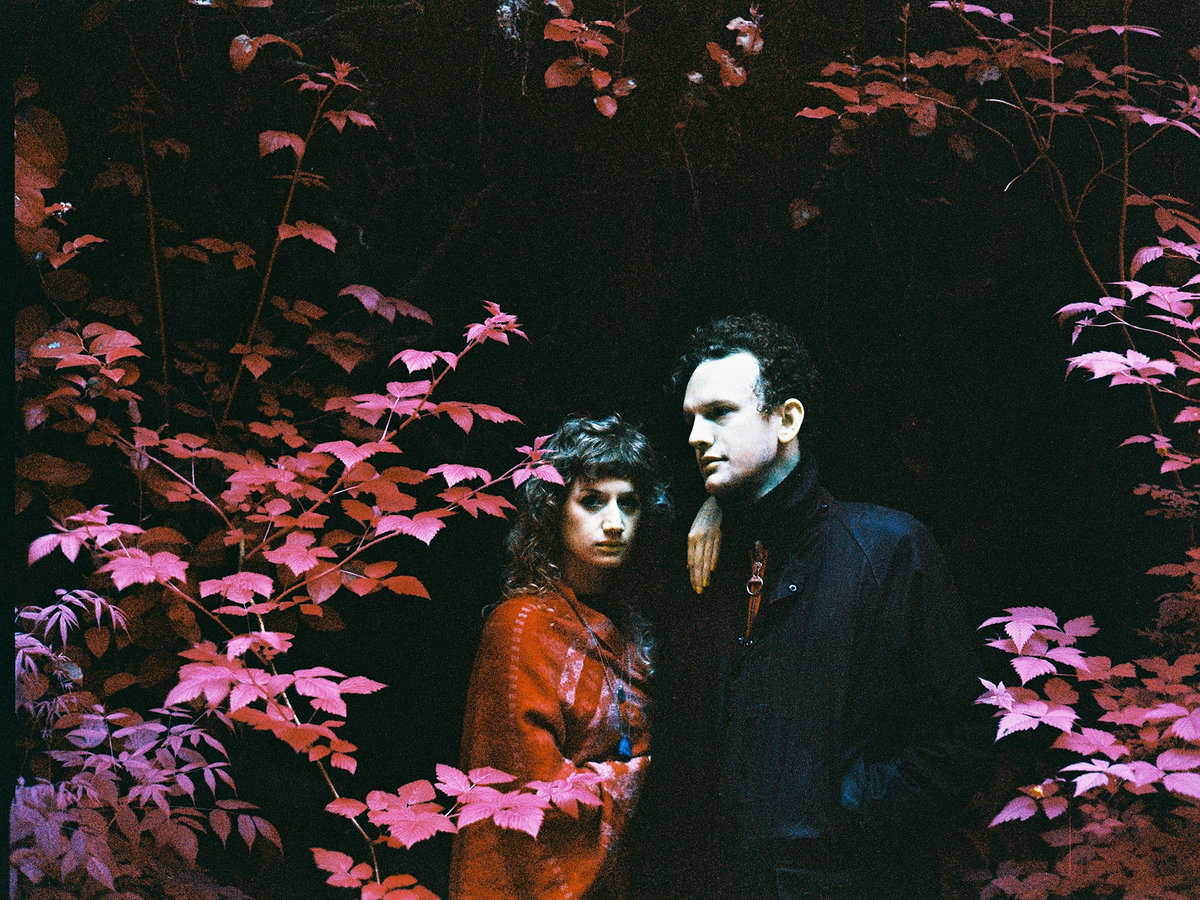When you first listen to Pure Bathing Culture, it’s like jumping into a space machine.
Not a very helpful analogy in terms of descriptive power, but it parallels well with PBC’s magical ability to catapult listeners into a headspace all their own.
Formed in 2011 from musical partners and college sweethearts Sarah Versprille and Daniel Hindman, the band’s strange name belies the easily recognizable sound of their music. There’s nothing cryptic about the group’s 80s-inspired pop tunes that recall prominent bands like Fleetwood Mac and Cocteau Twins. As one of the rising indie bands of recent years, Pure Bathing Culture has gone on to tour with the biggest names in the genre, including Tennis, Chvrches, Father John Misty and Death Cab for Cutie.
Although just recently formed, the group’s sound spans to past decades, constantly generating pangs of nostalgia. Whether you’re walking to class or enjoying a late night drive, tracks from their debut EP like “Gainesville” and “Ivory Coast” deliver notes that weave seamlessly into any activity. Therapeutically synchronous, each single from their most recent release “Pray for Rain” provides the same relaxing sensations as the band’s prior creations. If you’re stressed about the new semester, feeling preoccupied with daily thoughts of anxiety or looking to journey back to the 80s, Pure Bathing Culture is a brilliant way to relax, unwind and get lost—even if just for a few seconds.
The name Pure Bathing Culture comes from a spa session. Hindman’s brother participated in a day of successive spa treatments at a hotel built above thermal springs, the last of which was named “Pure Bathing Culture.” Immediately inspired, Hindman contacted Versprille to name of the band. They agreed, and with it, the musical duo had a declarative moniker. With decisive creative energy and the couple’s openness to inspiration from all around, Pure Bathing Culture exemplifies the ability to depict modern moods mixed with the past.
Based in Portland, Oregon, the indie pop duo first met in college in the ’90s, but only began working on music together nearly a decade later when they joined the folk rock band Vetiver. Versprille’s and Hindman’s foray into music production seems to have sprouted organically from their shared musical interests. With a musically-creative environment and connections in the industry, the requisite materials of the band were met.
In 2012, after moving to Portland from their previous residence in Brooklyn, the band began seriously producing music, releasing a four track EP to Father/Daughter Records. By 2013, Pure Bathing Culture had released a full length album entitled “Moon Tides,” featuring the staple songs that would land them tour positions with bands like Tennis who share the same style of dreamy, melodic pop music.
From there, the band propelled into the early motions of reviews and interviews. From “Pitchfork” to “Interview Magazine,” the newly developed band received positive reviews, comparing their sound to the dream pop of the Cocteau Twins and to Elizabeth Franser in her unique ability to communicate emotions.
In PBC’s case, Versprille populates their tunes with the lyrical equivalent of an astrology book, with multiple references to celestial bodies. In the same way Franser conjures emotion, Versprille executes the overall mysticism of the band, complementing the spacy sound of their music.

As a creative force, Pure Bathing Culture draws from their folk background to add to their eclectic style.
For fans of dream pop, the smooth, sonic compositions of popular modern bands of the genre, such as Beach House or London Grammar, are familiar. Pure Bathing Culture takes an alternative approach to these compositions, composing off-kilter songs that approach the dream pop atmosphere in a completely different direction.
Although they feature the distinctive moody sound of many similar artists, the band’s use of acoustic instruments recalls some of the folk rock sounds of the duo’s initial work with the band Vetiver. So while the band resides comfortably in the realm of dream pop and indie music, their experimentation has guided them away from the often mono-cultural aspects of the genre.
Most significantly, Pure Bathing Culture provides an avenue for escape. But why listen to PBC? There are many other routes for musical catharsis. There are endless amounts of artists who deviate only slightly from the same musical spectrum Pure Bathing Culture comes from — one where mood dictates all aspects of style. The question is answered by listening to the music itself.
I first listened to the band on their KEXP session. Starting out with a new single from their 2015 release of “Pray for Rain,” the duo (accompanied by their touring companions on drum and bass) jumped straight into the groove of their sound, drawing listeners through a window into the past with “The Tower,” a somber song inspired by the loss of Malaysia Airlines Flight 370.
In the end, Versprille’s and Hindman’s music somehow connects you to the tangible present while exemplifying the nostalgia of the 80s. Stitching together the past and the present, Pure Bathing Culture lets you view the world with a steady eye on your own past while you’re enjoying the present.









